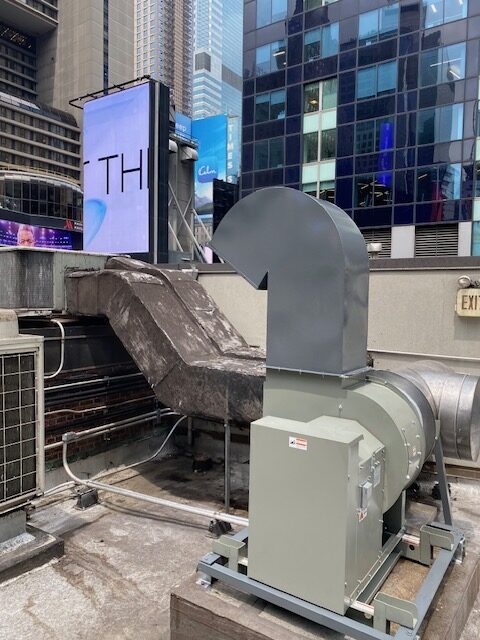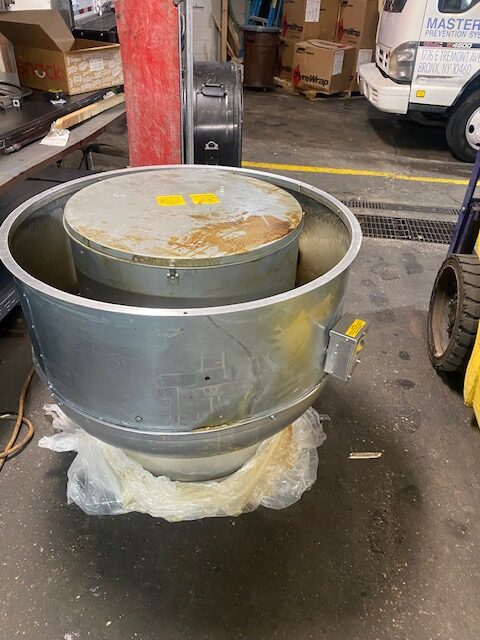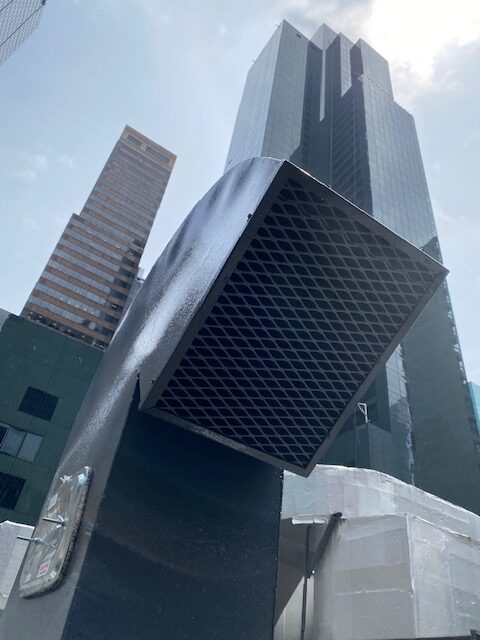Why and How Blowers, Fans, and Motors in a Restaurant Rooftop Ventilation System Fail or Need Maintenance
The Importance of Blowers and Fans in Restaurant Rooftop Ventilation Systems: Insights from the Restaurant Exhaust Systems Pros



Service areas include...
Don't forget to check out our YOUTUBE CHANNEL for lots of helpful videos on the commercial kitchen topics that matter most to you as well as our RECENT JOBS BLOG.
So when it comes time to service your exhaust ventilation system and swap out the filters, call the Restaurants Exhaust System Pros at (718) 828-6111.
